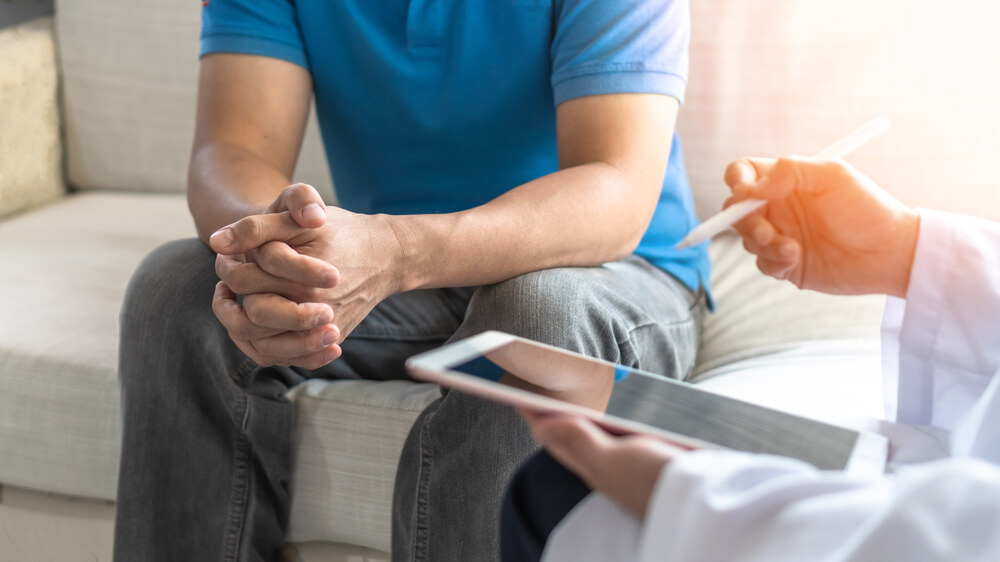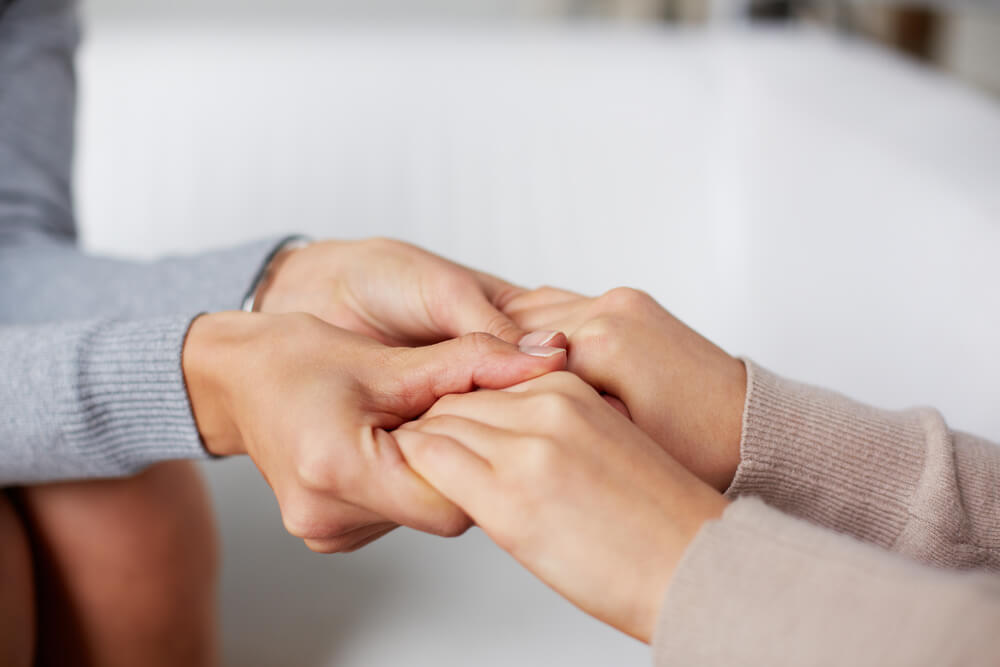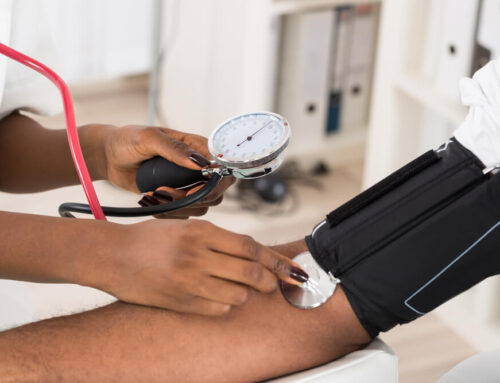If you think you might be experiencing a mental health condition such as major depression (also called clinical depression) or generalized anxiety disorder, I often find it’s best for you to consult with qualified mental health professionals. List of mental health physicians in Hialeah that we recommend when you call our medical practice at (305) 614-3677 is long, but I like to offer these additional tips to help my patients find a psychiatrist that is a good match for them.
When to See a Psychiatrist
You should see a psychiatrist any time you feel like you are experiencing a mental health issue. And if you think you do have a mental illness, don’t feel alone.
According to the National Alliance on Mental Illness (NAMI), an organization that tracks mental illness prevalence and statistics in the United States, 1 in 5 – or 20% – of American adults experience a mental illness.
A psychiatrist is a doctor with special training and experience in diagnosing mental health conditions and treating them with antidepressants, antipsychotics, hypnotics, anti-anxiety medications and other pharmaceuticals. Finding a psychiatrist can help you get on a treatment plan that will make you feel better and offer you relief from the mental anguish you’re feeling.
But how do you know if you’re experiencing a mental health condition? Here are some clues that you might be experiencing some of the more common mental health diagnoses:
- Major Depression
Everyone has a bad day, or a series of bad days, from time to time. Feeling down or depressed at times is pretty much a guarantee in life.
However, if you’ve had a depressed mood every day for at least two straight weeks, you could be suffering from major depression.
In addition to feeling sad and crying a lot, depression symptoms can include:
-
- General discontentment
- Feelings of guilt that aren’t justifiable
- Feelings of hopelessness
- A loss of interest or pleasure in activities you used to enjoy
- Sleep disturbances such as insomnia
- Generalized Anxiety Disorder
Living with anxiety can feel like you’re never able to set aside your worries, or that you worry about things that intuitively, you know don’t require the level of concern you’re giving them. You may also feel a constant sense of impending doom. Additional symptoms of an anxiety disorder include:
-
- Hypervigilance
- Irritability
- Restlessness
- Lack of concentration
- Racing thoughts
- Unwanted or intrusive thoughts
- Bipolar Disorder
This mental illness, which used to be called manic depression, is categorized by having episodes of depression and episodes of mania, or extreme highs, in the same 12-month time period. In addition to experiencing the depression symptoms listed above, people living with bipolar disorder also experience the following mania symptoms:
-
- High energy
- Reduced need for sleep
- Loss of touch with reality
- Impulsivity
- Participating in risky behaviors and actions
If you’re experiencing any of these common mental illnesses, you need to see a mental health specialist for diagnosis and treatment.

How to Find a Good Psychiatrist
The list of psychiatrists that I recommend to my patients are mental health specialists whom I know and have vetted and whom I feel comfortable referring my patients to. After all, as my patient, you mean a lot to me and when I’m referring you to another physician I want to know they are going to take great care of you.
You may want to find additional social proof that the psychiatrist you are going to see – who will be an important part of your overall medical wellness treatment plan – is a good fit for you. Great places to look for recommendations from current and past patients include:
- A psychiatry practice’s Google Business page, where current and past patients can volunteer to rate the psychiatrist and share their experiences with the practice.
- A psychiatrist’s professional social media page, such as a Facebook page where he or she may share information to patients who choose to follow him and her about mental health tips. Facebook pages also include a rating and recommendations feature similar to those found on Google Business pages.
- Healthcare rating sites such as healthgrades.com, which crowdsources information about physicians that are volunteered by their current and past patients.
How to Get a Psychiatrist Appointment
When you call to book an appointment with your desired psychiatrist, you may find that his or her schedule is so packed that it will take several weeks or even a month or two for you to get in for an appointment. This is because, unfortunately, the mental health sector of our country’s healthcare industry is understaffed given the high need for qualified mental health professionals.
Some tips for getting a psychiatry appointment as soon as possible include:
- Asking if the psychiatrist also works with a psychiatric nurse practitioner. Oftentimes, psychiatric nurse practitioners have more open schedules and they too are knowledgeable about mental illnesses and the best treatment plans and medications for certain mental health conditions.
- Schedule an appointment with your desired psychiatrist, but ask to be put on a waitlist so you can be called when other patients make last-minute appointment cancelations.
- See if there are any psychiatrists covered by your health insurance plan who offer telemedicine appointments, which are oftentimes more flexible than standard, face-to-face appointments.
Seeing a Mental Health Specialist for Counseling
While I urge all of my patients who think they may be experiencing mental illness to see a psychiatrist for a proper diagnosis and medication management, there are other mental health specialists who should be a part of your care team. Most importantly, you should have a counselor that you meet with on a regular basis – such as once a week or once every other week – to discuss your mental illness, your symptoms and stressors and to learn tools for coping with your feelings and symptoms.
Counseling can take on many forms. Some of my patients prefer:
- One on one counseling with a counselor of a specific gender
- Same-gender group counseling sessions
- One on one counseling via telemedicine appointments
Whatever counseling structure best suits your preferences, you are likely to find a great counselor who serves the Hialeah, Florida area either in person or online.
What your counseling sessions will look like will be highly dependent on the counselor you choose, his or her counseling specialty and the goals the two of you set for your counseling sessions. For example, you may choose:
- Talk therapy, during which time you talk about current or past stressors, trauma, etc.
- Cognitive-behavioral therapy (CBT), which is a type of counseling that is focused on being shorter in duration and very goal oriented.
- Dialectical behavior therapy (DBT), which is a form of CBT that is focused on stopping negative thought patterns.
Whatever you and your counselor decide is best for you, I wish you well on your journey to overall mental wellness and am here to support you every step of the way.

Make it a Priority to See Your Mental Health Specialists Regularly
Sometimes, people who are experiencing depression or anxiety start taking medication and immediately start to feel better. They then falsely assume that they’re cured and they’re no longer depressed or anxious. The reality, though, is that the medication and counseling are working and the patient needs to continue his or her treatment plan in order to achieve full remission.
Remember, if your psychiatrist prescribes you medication, take it exactly as prescribed and never suddenly stop taking it, which can cause harmful side effects. Go to every counseling session you have scheduled until you and your counselor have determined it’s time for you to graduate from counseling.







